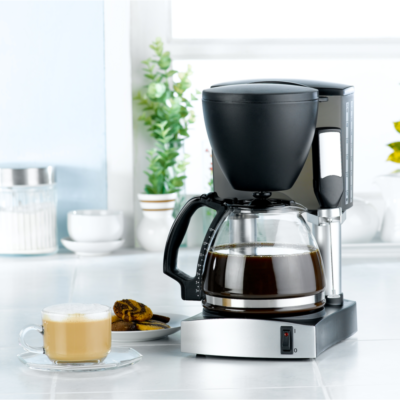
7 Foods That Can Trigger Breathing Issues
Breathing is something most people take for granted, until it becomes difficult. For those dealing with respiratory conditions such as asthma, eosinophilic esophagitis, or chronic obstructive pulmonary disease (COPD), certain foods can exacerbate symptoms. It’s crucial to understand how these foods interact with your body, especially when conditions like nasal polyps, sinus issues, and the common cough and cold are involved. Companies like Takeda and medications like Nucala are at the forefront of developing treatments for these ailments, helping patients manage their symptoms more effectively.
1. Dairy products
Dairy is a common culprit when it comes to triggering respiratory issues. For some, it can lead to increased mucus production, which can worsen symptoms of asthma and sinus congestion. If you’re prone to these issues, consider reducing your intake of milk, cheese, and yogurt to see if it makes a difference in your breathing.
2. Processed meats
Sausages, hot dogs, and other processed meats contain preservatives known as nitrates, which can lead to inflammation and exacerbate breathing problems. These meats can also contribute to the development of nasal polyps. Opt for fresh, lean meats or plant-based alternatives to help keep your respiratory system in check.
3. Fried and fatty foods
High-fat foods can cause acid reflux, which may lead to symptoms like coughing and wheezing. The acid can irritate the esophagus and even reach the lungs, triggering asthma-like symptoms. Limiting your intake of fried foods, such as French fries and fried chicken, can help prevent these uncomfortable episodes.
4. Sulfite-containing foods
Sulfites are preservatives found in foods like dried fruits, wine, and pickled products. For some individuals, sulfites can trigger asthma attacks or other respiratory issues. If you notice breathing difficulties after consuming these foods, it might be worth checking labels and opting for sulfite-free options.
5. Salty snacks
Excessive salt can lead to fluid retention, which can exacerbate symptoms of respiratory conditions like COPD. It can also increase blood pressure, further straining the respiratory system. Cutting back on salty snacks like chips and pretzels may help improve your breathing.
6. Artificial sweeteners
While not a food per se, artificial sweeteners found in diet sodas and sugar-free products can sometimes trigger allergic reactions, leading to respiratory symptoms. If you suspect this might be an issue, try eliminating these sweeteners from your diet to see if your symptoms improve.
7. Alcohol
Alcohol, particularly red wine, can be a trigger for some individuals with respiratory conditions. It can cause nasal congestion and exacerbate symptoms of sinusitis and asthma. Moderation is key, and staying hydrated with water can help mitigate some of these effects.
Respiratory conditions like asthma and eosinophilic esophagitis (EoE) require careful management to prevent flare-ups. Medications such as Nucala can help control asthma symptoms by targeting the underlying inflammation. EoE, characterized by an allergic reaction in the esophagus, may also be managed with dietary changes and medication. Working closely with healthcare providers ensures that individuals receive the most effective treatment for their specific condition.
Tezspire, an innovative treatment for chronic asthma, helps manage severe symptoms, including those triggered by food allergens. Eosinophilic vasculitis, a rare condition linked to severe asthma, can also benefit from therapies like Tezspire. Additionally, FluBlok Quadrivalent and Fluzone vaccines are vital for reducing flu risks in individuals with respiratory conditions. Sensimist provides allergy relief, while Xolair remains a key treatment for asthma exacerbated by environmental and food-related triggers.
Understanding the connection between diet and respiratory health is crucial for managing symptoms effectively. By identifying and avoiding foods that trigger breathing issues, individuals can take proactive steps toward better respiratory health. For those with chronic conditions, medications and treatments developed by companies like Takeda provide additional support, helping to improve quality of life.


